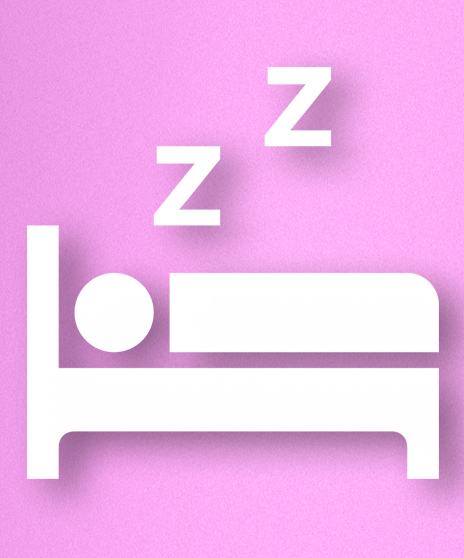[vc_row][vc_column][vc_column_text]By J. Kate Tuttle, FNP-C
Sleeping is a critical part of our health. It gives the brain an opportunity to rest and recover. Some research even suggests sleep gives the brain the opportunity to “forget” things that have inundated our brains throughout the day.
As we age, many of us believe that we need fewer hours of sleep to feel well-rested. We often accept less sleep as part of the aging process. While the average adult needs fewer hours of sleep then a growing infant or teenager, studies show that adults continue to function optimally with 7-9 hours of sleep. While there are some variances in the number of hours individuals require for optimal alertness, the consensus is, aging does not decrease your sleep-hour needs.
Signs that you may not be getting enough sleep include poor energy levels upon rising or daytime fatigue, irritability, frequent daytime napping during television programs or while reading, symptoms of anxiety or depression, or poor concentration. Sleep deprivation can also cause high blood pressure and contribute to obesity.
Simple things can be done to help increase the quality and the number of hours a sleep you get each night, including:
- Exercising in the early morning/afternoon.
- Avoid caffeinated and sugary drinks after lunchtime.
- Ensure the bedroom is a place of relaxation that encourages sleep; avoid use of electronic devices, including television, in the bedroom.
- Ensure you have a well-supporting mattress; most mattresses should be replaced every 8-10 years.
- Ensure you have well-supporting pillows; once a pillow loses its natural shape it should be replaced.
- Avoid napping during the day.
If, after these changes, you still find that you are struggling with sleep deprivation, contact your healthcare provider to discuss possible medical conditions that may be contributing to poor sleep-hygiene and options for better sleep.[/vc_column_text][/vc_column][/vc_row]


